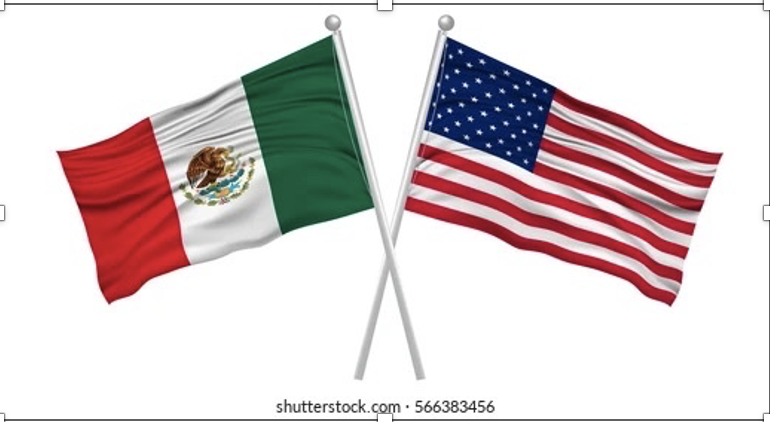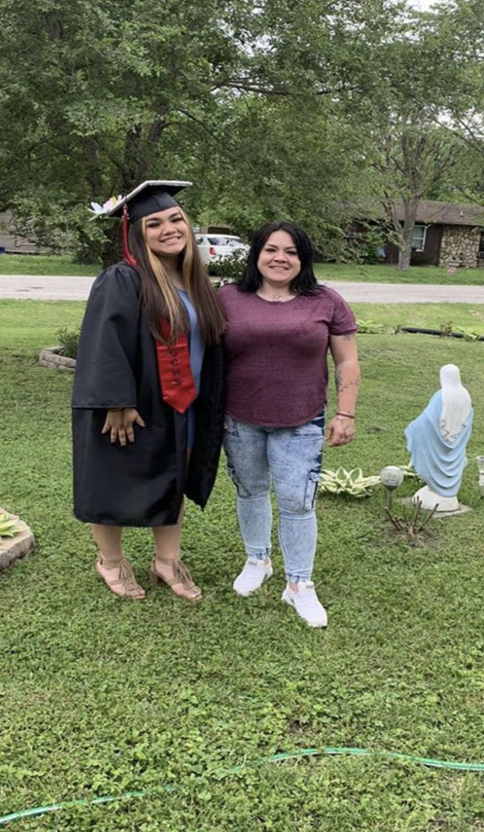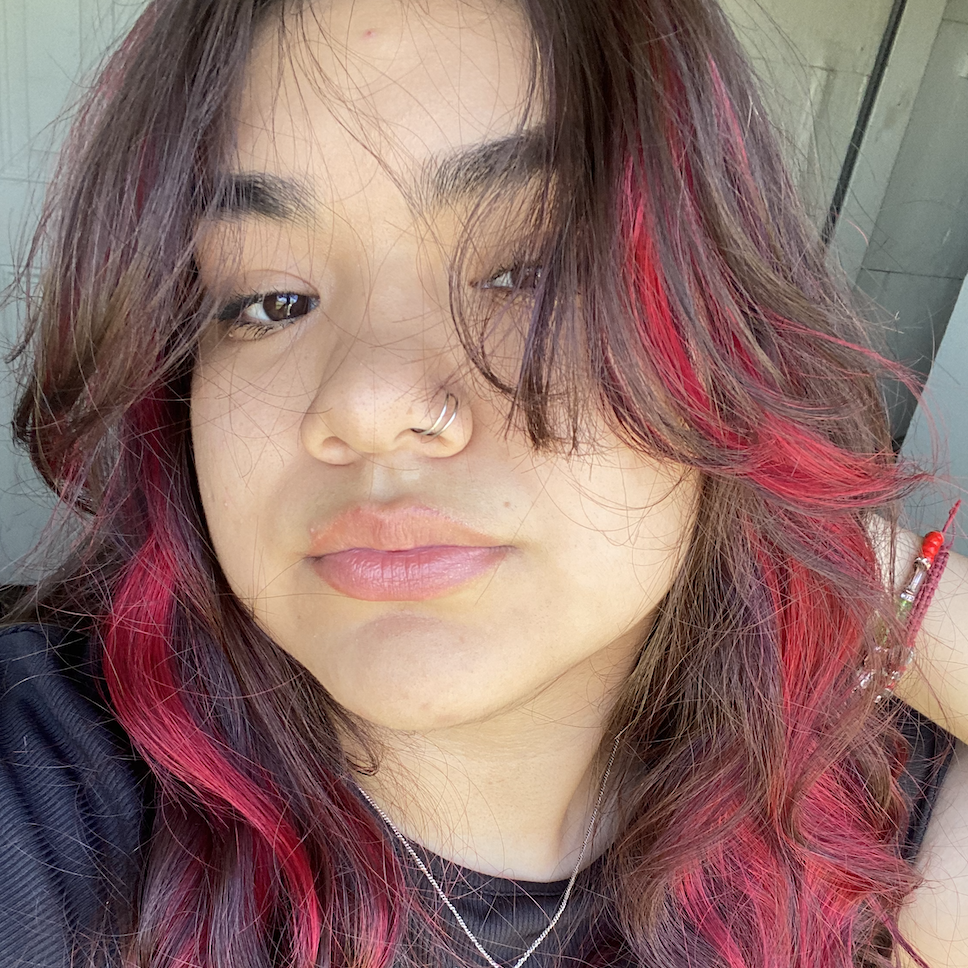Reflection on my Journey

The saying goes, “Be who you are.” Around certain people, I feel comfortable doing that. Others don’t make me feel as comfortable, and that let’s me know how they feel about me. I have experience people making me feel comfortable and people who have not, about who I am and what I can do.
Growing up I was taught English, and I can only speak English fluently. My mother also tried teaching me Spanish, but over time she stopped trying so much because I wouldn’t try to speak it. I would try speaking Spanish, but I would get too nervous to speak it around people because I was afraid of saying it wrong. It’s that fear that stopped me from being bilingual, it’s that fear that stopped me from learning more about my Hispanic side. My parents would even ask me why I won’t speak Spanish, and they’ve tried making me, but something just stopped me. I wish I had gotten over that fear so I could be bilingual, so I wouldn’t be judged.
Once I got into either middle school or high school, I can’t recall which one it was, I started to feel like I was less Hispanic because I couldn’t speak Spanish. Every Hispanic I knew could speak Spanish, but I just couldn’t. Don’t get me wrong, I could understand it enough to know what someone was talking about; I just couldn’t hold a conversation with them. I had some friends that spoke Spanish and knew I couldn’t; they made fun of me a couple of times, but not in a mean way. After those couple of times, they never did it again. They just asked why I didn’t speak it. I’d tell them I just never learned, but I never told anyone that it was because it made me nervous.
My parents would always talk to my grandparents, but I couldn’t because they didn’t understand English, and I couldn’t speak Spanish. I’ve had friends, whose parents could speak Spanish and I couldn’t. When I would go around those friends, their parents would try to speak to me in Spanish. When they realized I didn’t speak Spanish they gave me a look of surprise. They couldn’t believe as a Mexican I didn’t learn Spanish. Those people who learn of children who don’t speak the language they expect of them to speak, disapprove. They disapprove if a child doesn’t participate or know of where their relatives have come from. In this case, Hispanics expect you to speak Spanish, go to all the family parties, be a catholic and so much more, but if you don’t you aren’t a real Mexican. I don’t meet all the expectations that my elder relatives hold for me that makes me less seen to them. Other races call me whitewashed or not a real Mexican if I don’t meet the stereotypes, they have for me.

Whitewashed, the way I’m using it, means someone with another race other than white being “too white for their color.” Being called whitewashed or not a real Mexican does upset me, but I also realize I’m not. Just because I don’t speak Spanish or dance bachata, does not mean I’m not a real Mexican or that I’m whitewashed. It means I just didn’t learn it. Which I know a lot of people who are in my same position. Instead of people stepping back and thinking about why I didn’t learn what other Hispanics have, they immediately go to whitewashed. Having stereotypes and not meeting them happens all around the world, but people don’t realize it isn’t the child themselves that is the problem. Being called whitewashed or a fake Mexican isn’t the best feeling, and no one should have to feel the way it makes you feel.
I’ve embraced both my white and Mexican side in different ways. I’ve embraced my Hispanic side by listening to my father’s stories, I’ve asked him questions about where he grew up and what he did while he lived there. He has told me about his parents, my aunts and my uncles. We celebrate all the holidays that are dear to him. I’ve had so many talks with my dad about his work he would have to do growing up, about his school life and what it was like growing up in a small town with his house miles away from any store. That’s what makes me Mexican, I’ve learned and have been told so many things about his life and what made him who he is. I don’t need to know how to speak Spanish to be a real Mexican, what I’ve learn about my family is what made me Mexican.

I’ve also learned things on my mom’s side that made me white. I’ve celebrated every holiday with my family. I learned how she grew up in the middle of nowhere and she had to push herself to be where she’s at. She has told me about her mom and her dad, she’s told me stories about her growing up and what she had and didn’t have. She taught me what it was like to fight for something you want. She made sure I met my family so I would know my grandfather’s side of our family. She taught me things my father couldn’t, and my father taught me things she couldn’t.
Both of my parents have given me insight on both sides of where I came from. They’ve told me things no one else could tell me. They’ve made me who I am and have given me the knowledge I need. The things they have shared with me is what made me Mexican and what made me American. I am proud of who I am and where I’ve came from. I may not know everything every other Hispanic knows or know every aspect of being American, but I am Mexican American.

Some people don’t think before they say something or tend to not know their actions that can hurt others. Even if adults have given me looks when I say I don’t speak Spanish, or even when people call me a fake Mexican, it does not mean it’s the truth. I know that I am Mexican American, even if I don’t embrace my Mexican side like everyone else. I will never be ashamed of myself, and no one should have to feel ashamed of themselves for not knowing anything. No one should be criticized or judged for who they are, and I certainly am not embarrassed of who I am anymore. As I’ve gotten older, the judgement has lessened and I’m glad, over time I’ve also realized nowadays more children grow up without learning Spanish and even if they don’t, I still support them because I know how they feel. I will always be who I am and no one’s judgement will change that.
